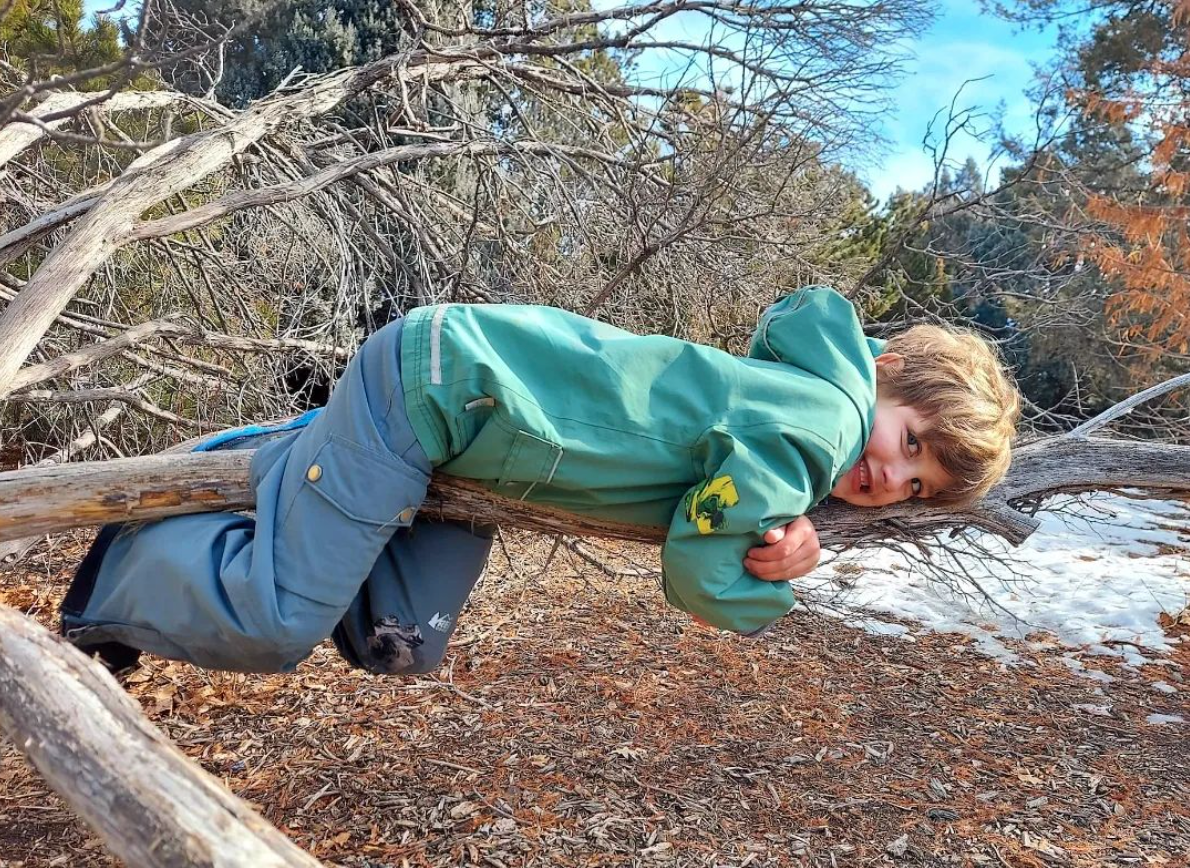Inclusivity at Worldmind
Worldmind is an inclusive school. We believe in creating a community and culture free of bias that safely supports ALL staff, students, and families so we can provide equal access to opportunities and resources to those who might otherwise be excluded or marginalized. ALL means people of all ages, colors, nationalities, ethnic origins, races, socioeconomic status, political affiliations, religions, genders, sexes, sexual orientations, gender identities and expressions, marital statuses, family compositions, abilities, or any other differentiators that make us unique humans. Worldmind honors the dignity of all people and respects human rights. Your uniqueness is welcome and valued in our community.
Inclusion and safety are two of our strongest values. Worldmind does not discriminate or allow unlawful harassment of any kind in our community. View our full nondiscrimination policy and our zero tolerance policy here.
Learning in an inclusive environment where we celebrate our differences and our unique contributions to the community allows for Worldmind students to mutually respect, understand, value, and accept one another for who they naturally are. Practicing mutual acceptance early on in life allows for children to feel safe being themselves, which can help them rise to their unique potential and can prevent discriminatory attitudes and behavior later in life.
Practicing this acceptance of self and others falls in line with our ethos of taking care of ourselves, others, and the environment; Worldmind weaves social and emotional learning (SEL) throughout everything we do to ensure our ethos is upheld. Teachers intentionally interact with our students in a way that makes them feel safe, heard, and supported so they can fully express all of their emotions, understand them, and regulate them. Understanding emotions and how they affect others helps children build empathy and relate to others, which is a vital life skill to possess in our diverse world. SEL is especially helpful for our neurodiverse and twice-exceptional (2e) students, who likely need extra support in this area of learning and building life skills. We also teach our students to advocate for themselves and each other and provide them with knowledge and opportunities to practice body autonomy and giving consent.
The cornerstone of our inclusive community is ensuring that each child at Worldmind feels safe and has a sense of belonging. This safety and belonging are not earned or based on a particular set of skill or ability; safety and belonging are human rights. One of the many ways Worldmind practices inclusivity is through our neurodiverse and twice-exceptional students learning alongside their neurotypical peers. Although these children may have different skills and abilities and learn in different ways and at different rates, they are learning what is reflected to them in their outdoor classroom: biodiversity, the variety of life in the world or in a particular habitat or ecosystem, is linked to social diversity. We are reminded through nature that the variety of life on Earth (including human life) is needed for optimal survival.
When all children, regardless of their differences, are educated together, everyone (not just children who are labeled with a difference) benefits and learns from one another. We all have different life experiences, different ways our minds and bodies work, and different ways we view the world. Sharing our unique knowledge, backgrounds, and experiences with each other benefits us as humans on a micro and macro scale. Every person has their strengths and weaknesses, and diversity allows us to work together to think outside the box, unite multiple perspectives, fill in gaps of knowledge, and help us go further together to build an equitable future that represents many groups of people.
Worldmind sees the learning differences that are expressed in our students as strengths. Neurodiverse and 2e students bring beautiful abilities to their learning environments that aren’t recognized in many school settings. Teaching to the strengths of neurodiverse and 2e children ensures they receive empowering learning experiences to build self-esteem and confidence in learning and increase their feelings of really belonging at school. To make this possible, we create individualized learning plans for our Worldmind Preparatory School students (grades 1-8), meeting them where they are and supporting them in their unique learning needs.
We welcome ALL students and families to join our community, and we hope you will join us in pioneering inclusive outdoor-based education in Colorado and beyond.

